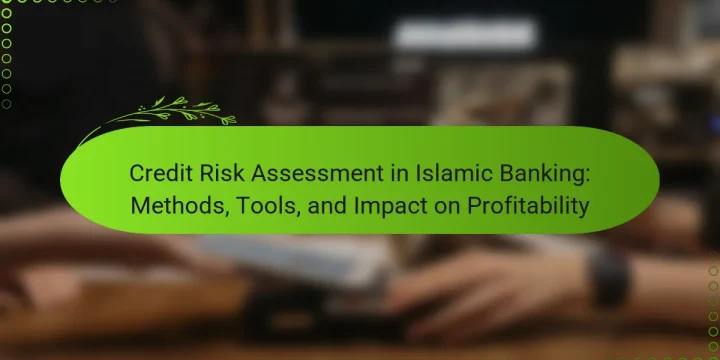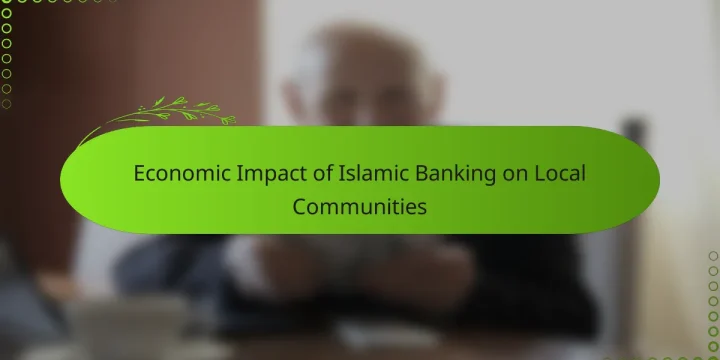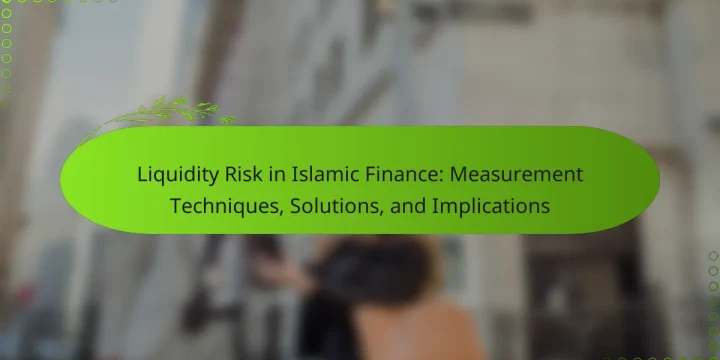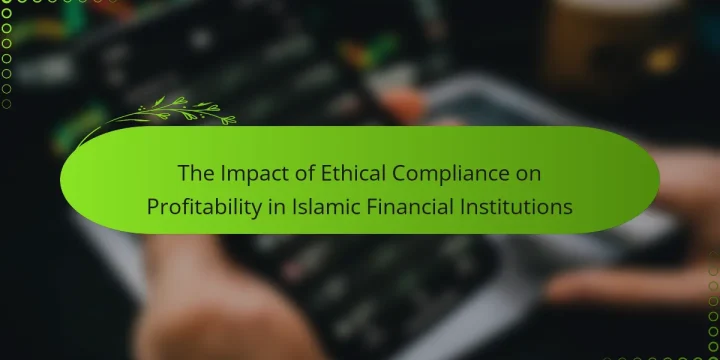
What is Islamic Microfinance? Islamic microfinance is a financial service that adheres to Islamic law (Sharia). It provides small loans to individuals or businesses without charging interest. Instead, it uses profit-sharing and risk-sharing models. These models align with Islamic principles, promoting ethical finance. Islamic microfinance aims to support entrepreneurs and small enterprises. It fosters economic development in underserved communities. Research shows that Islamic microfinance can enhance financial inclusion. It empowers individuals by providing access to capital for growth and sustainability. How does Islamic Microfinance differ from traditional microfinance? Islamic microfinance differs from traditional microfinance primarily in its adherence to Islamic law, or Sharia. Traditional microfinance often involves interest-based lending, which is prohibited in [censured]. Instead, Islamic microfinance utilizes profit-sharing models, such as Mudarabah and Musharakah. These models promote risk-sharing between…








